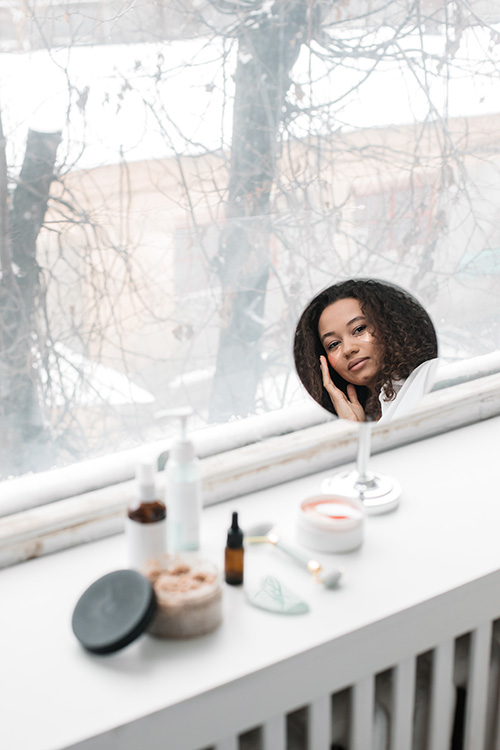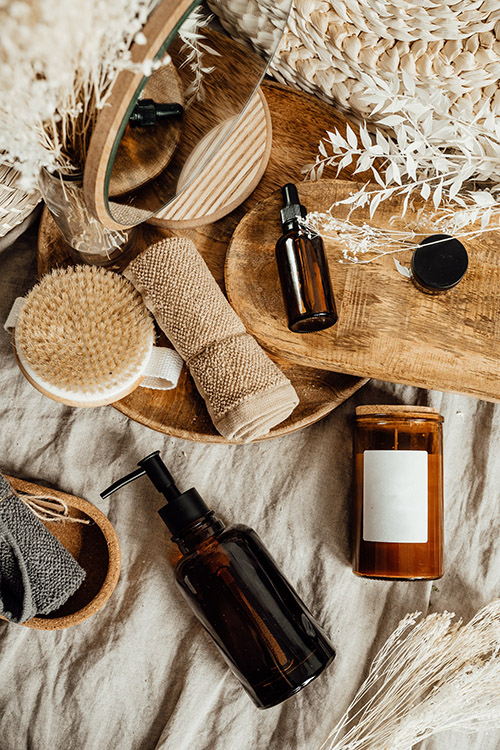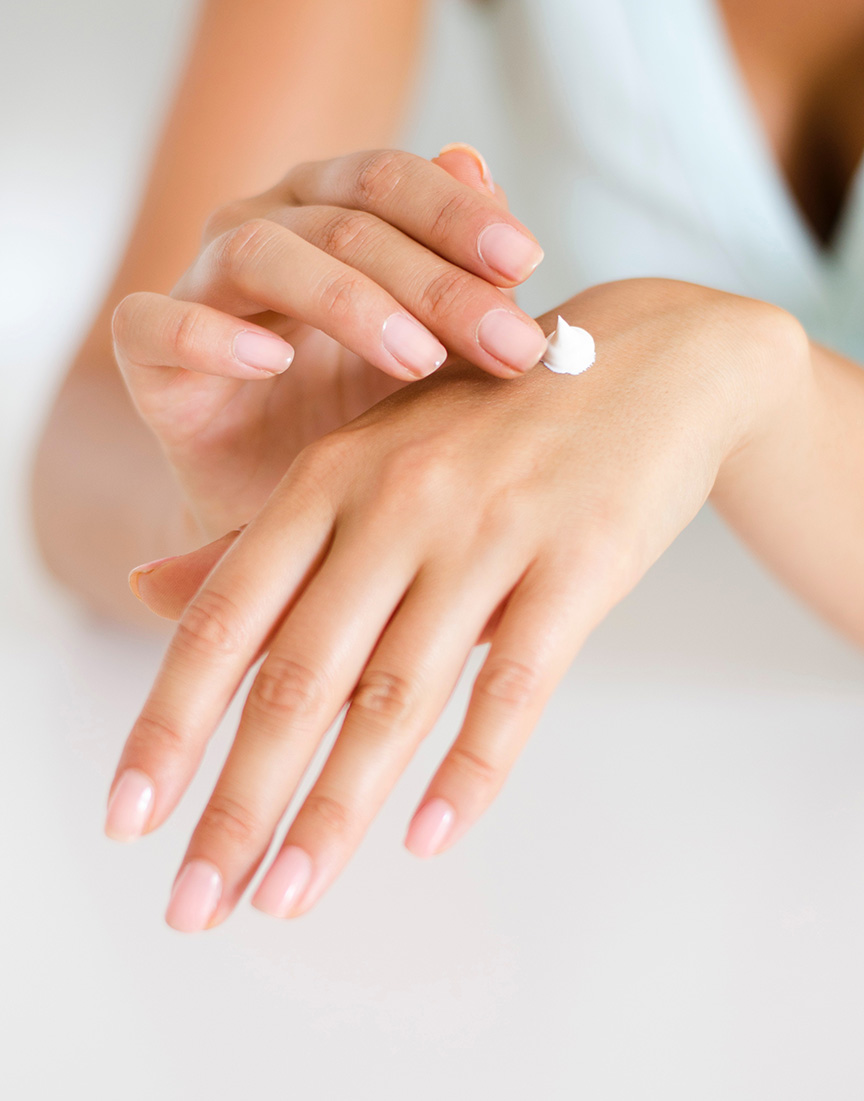When it comes to skincare, we’re sometimes a little obsessive. Our skin is an organ, a physical element of the body with functions, a microbiome, a pH level, and a wide range of thickness and texture from head to toe. Rakhi Ahuja, Managing Director, and Founder of JOVEES, explains what are the effects of the skin products you use on your skin.

Consider the delicate skin around your eyes vs. the sole of your feet. When it comes to skincare and maintenance, all we think about are topical skincare products or supplements, which is understandable given that we have continuously been flooded with advertisements for products, as well as entire schools of thought and regimens like “skinimalism” or the “10-step routine.” When our skin begins to appear or feel different, we reach for our bathroom cabinets to find the solution by adding, removing, or swapping cosmetics. However, it may be just our skin doing its job.
Finding the right skincare product for your skin can be difficult at times. So, if you find one you enjoy, you’re unlikely to want to give it up. It is possible, though, that your skin will become habituated to your products and they will cease working. It’s good news. If you’ve been following the same skincare routine for a long time, there’s no reason to change it unless you want to!

It’s extremely rare for your skin to become habituated to the positive effects of skincare products. This is because the active components in your products will not change in any way that would cause them to cease working. There should be no drop-off unless your skin condition changes or the product is reformulated with new ingredients.
However, keep in mind that as the seasons change, so does your skin. Many people, for example, suffer from dry skin in the winter. In that situation, you may need to switch from a light to a thicker moisturizer. While your skin won’t become habituated to the good effects of skincare products, it may become habituated to—and eventually conform to—some of the products’ potentially irritating consequences. This is why one should wait for the skin to adjust to the new substance before increasing the dosage. This lets the skin adjust gradually.
If you want to keep doing what you’re doing because it’s working, that’s terrific! Implement just a little amount to a spot off the middle of your face in front of your ear, if you want to try some new skincare products, make sure you don’t have any allergy or rashes in that area for three to four days. The way the product reacts to the test determines how it will appear on the rest of your face. The objective is to start slowly and gradually increase!

A product might become “habitual” for your skin
Our skin adjusts to the products we use over time. For example, if we use skincare products that strip our skin of natural oils regularly, our skin’s oil production will go into overdrive to compensate for the absence of oils in the skin barrier, and our skin will be more oily than usual once we stop using the product which isn’t necessarily a bad thing. It has the potential to be beneficial. When a patient begins utilizing vitamin A derivatives such as retinol or retinoids, their skin becomes habituated to the product. They aid in cell turnover and can cause the skin to dry, red, or irritated for the first 2-3 weeks of use, but after that, the side effects fade and skin texture, tone, and brightness improve.
Here’s how to cope with it
Issue-targeting products (serums, spot treatments, and markings) are great to lay away for a time if you’re wondering about which products you should stay with consistently. On the other hand, stopping applying a moisturizer, which functions as a “shield” for our skin, is probably not a good choice. Moisturizers are used to lock in inactive nutrients and hydration while also blocking damaging aggressors. Even if the skin does not appear to be dry, it still requires daily protection.






